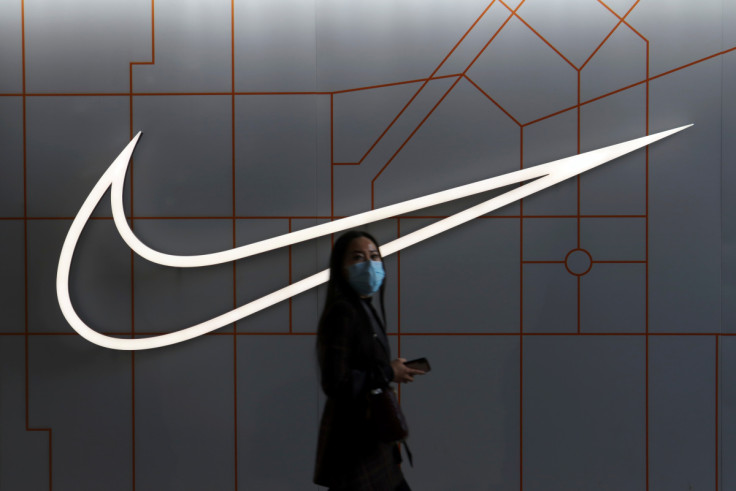Nike May Have A More Serious Problem Than Inflation And China Lockdowns
Inflation and China lockdowns are catching up with Nike, making it hard for the athletic apparel giant to move inventory off the shelf.
On Thursday afternoon, Nike reported earnings for the first quarter of fiscal 2023 that ended August 31, 2022, of 93 cents, just 0.01 cents better than analysts' estimates. In addition, revenues came at $12.69 billion, $410 million ahead of analysts' expectations.
Management saw these results as a good start for the new fiscal year and a confirmation of the company's competitive strength.
"Our competitive advantages, including the strength of our brand, deep consumer connections, and pipeline of an innovative product, continue to prove that our strategy is working," said John Donahoe, President and CEO, NIKE, Inc., in a statement accompanying the release of the Q1 financial results. "We expect our unrelenting focus on better serving the consumer to continue to fuel growth and create value like only NIKE can."
Markets saw things differently, sending Nike's shares sharply lower during Friday's trading session, adding to the losses accumulated before the earnings release. Thus far, in 2022, Nike's shares have lost close to 50% of their value compared to a 24% decline in the S&P 500.
Chelsea Wiater, Portfolio Manager at EFG New Capital, attributes the decline in Nike's stock to an unexpected drop in profit margins due to an excess inventory build-up in North America.
"As a result of supply chain disruptions, Nike received certain shipments of seasonal apparel later than anticipated, meaning they missed the opportunity to sell these goods to customers," she told International Business Times in an email.
Thus, the company would have to cut prices to move merchandise off the shelf aggressively.
Then there's food and energy inflation that leaves minimal discretionary funds for other things like brand-name apparel.
And there are China's lockdowns, which make it hard for Nike to do business in its second-largest market.
"Nike is not the only victim of inflation and China's lockdown," said Dr. Tenpao Lee, professor emeritus of economics at Niagara University, in an email to IBT. "All global companies are suffering in the unprecedented economic conditions. Specifically, the pandemic, the Ukraine war, and China's zero-tolerance policies have significantly and negatively impacted all companies in all sectors."
Aron Solomon, JD, Chief legal analyst for Esquire Digital, a marketing agency, thinks that Nike's excess inventory problem is more severe than just the merchandise arriving late for the season.
"The big issue today for Nike is that they're sitting on much inventory that their client base doesn't want," he told IBT. "Inventory is up 44%, but it's not in the things people want - limited drops and colorways of popular items."
Nike may be losing its magic with consumers as the competition closes in.
Solomon points to a 16% annual decline in China sales as evidence that Nike is overestimating the power of its brand as competition is catching up.
"There are other sneaker companies working harder and being more creative (New Balance, Puma, for example)," he adds.
Dr. Lee sees no quick solution to Nike's problem. "The shift of supplies caused stagflation, and the global economy has no quick solutions. In the end, only companies with a competitive edge of innovative technologies will survive," he said.
Disclosure: The author owns shares of Nike

© Copyright IBTimes 2024. All rights reserved.






















